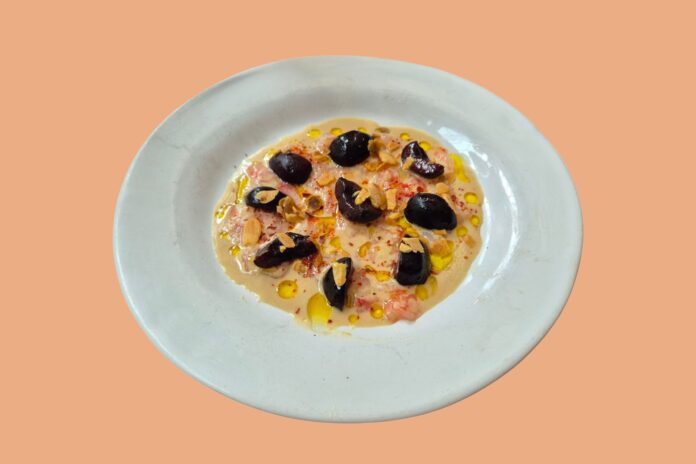As the summer months roll in, so do the long, sunny days that beckon us outdoors. Whether you’re heading to the beach, enjoying a picnic in the park, or simply spending time in your garden, protecting your skin from the sun’s harsh rays is essential.
When it comes to sun protection, many of us believe we have a solid understanding of what’s necessary to keep our skin safe. However, there are numerous myths and misconceptions that can lead to inadequate protection and increased risk of skin damage.
Myth 1: You Can’t Get Sunburnt Through A Window
The Reality
It’s a common misconception that glass windows block all harmful UV rays. While it’s true that standard glass blocks most UVB rays, which are primarily responsible for sunburn, it does not block UVA rays. UVA rays penetrate deeper into the skin and contribute to premature ageing and skin cancer. Therefore, you can still suffer skin damage from UVA exposure even when indoors or in a car.
The Science
According to the Skin Cancer Foundation, UVA rays account for up to 95% of the UV radiation reaching the Earth’s surface. Unlike UVB rays, UVA rays are not significantly filtered by the atmosphere and can penetrate through clouds and glass.
This means that sitting by a sunny window or driving in a car without UV-protective windows can expose you to harmful UVA radiation.
Myth 2: You Only Need Sunscreen On Sunny Days
The Reality
UV radiation can penetrate through clouds, meaning you can still get sunburnt on overcast days. Over 90% of UV rays can pass through clouds, making it essential to wear sunscreen even when the sun isn’t shining brightly.
The Science
Research published in the Journal of the American Academy of Dermatology highlights that UV radiation levels can be high even on cloudy days. The diffuse nature of UV rays means they can scatter and reach the ground, contributing to skin damage. Therefore, it’s crucial to make sunscreen a daily habit, regardless of the weather.
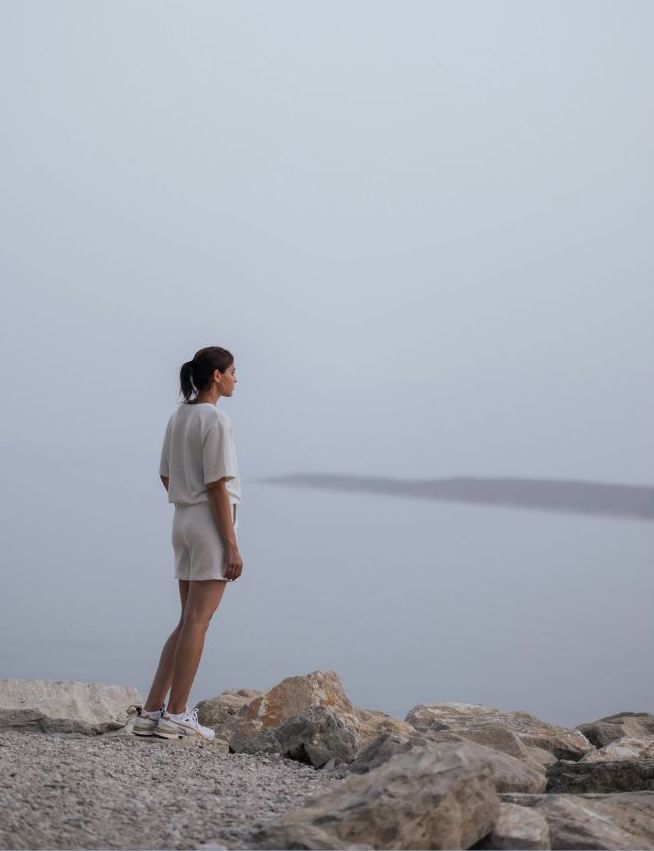
Myth 3: A Base Tan Protects Against Sunburn
The Reality
A tan is a sign of skin damage, not protection. While a base tan might offer a minimal SPF of about 3, it is not sufficient to protect against the harmful effects of UV radiation. Relying on a tan for sun protection can lead to further skin damage and increase the risk of skin cancer.
The Science
The British Association of Dermatologists (BAD) states that any change in skin colour due to UV exposure is a sign of damage, going on to say that the vast majority of dermatologists think that Brits have an unhealthy relationship with tanning.
Tanning increases the risk of developing skin cancer, including melanoma, the deadliest form of skin cancer. The best way to protect your skin is to use a broad-spectrum sunscreen with an SPF of at least 30, wear protective clothing, and seek shade.
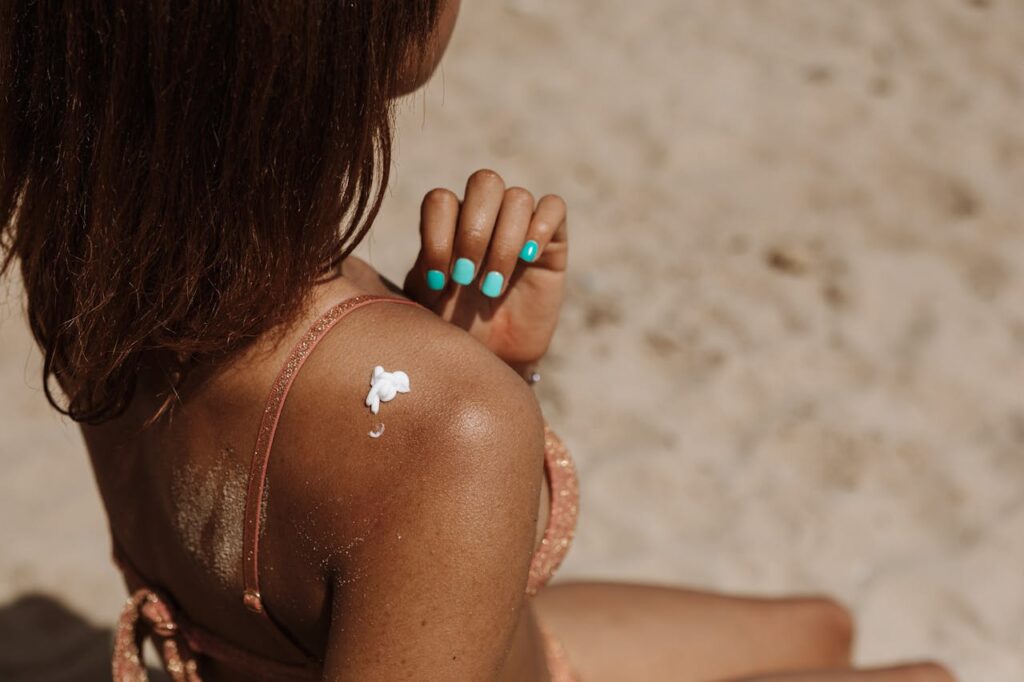

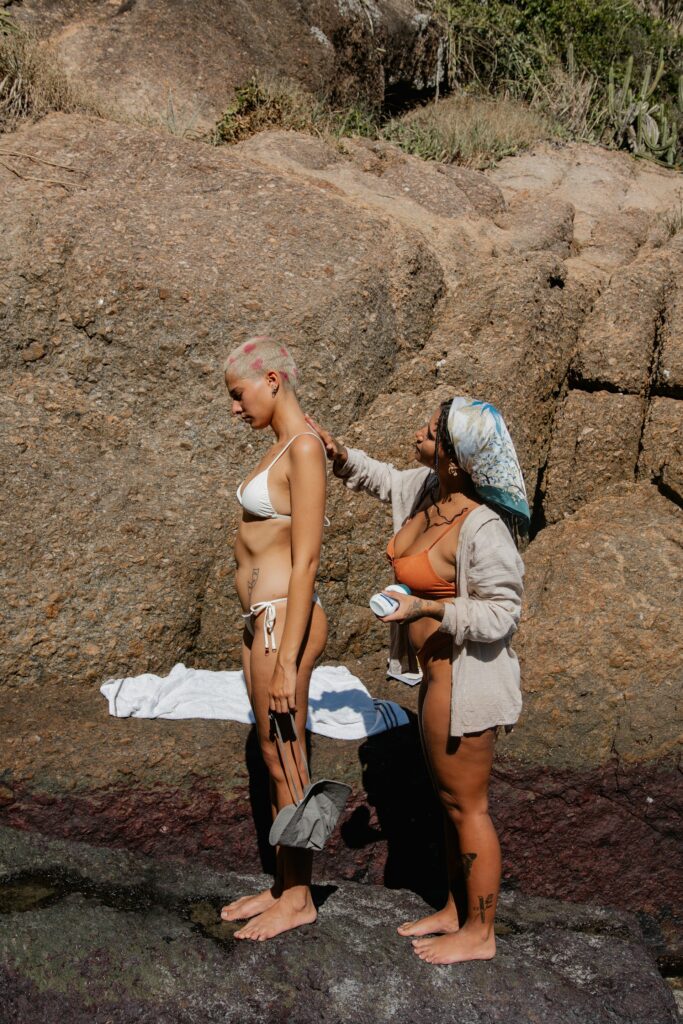
Myth 4: Darker Skin Doesn’t Need Sunscreen
The Reality
While darker skin has more melanin, which provides some protection against UV radiation, it is not immune to sun damage. People with darker skin can still develop skin cancer, hyperpigmentation, and other UV-related skin issues.
The Science
Studies have shown that skin cancer in people with darker skin is often diagnosed at a later, more dangerous stage. This is partly due to the misconception that they are not at risk. The American Academy of Dermatology recommends that everyone, regardless of skin tone, use sunscreen and take other sun protection measures.
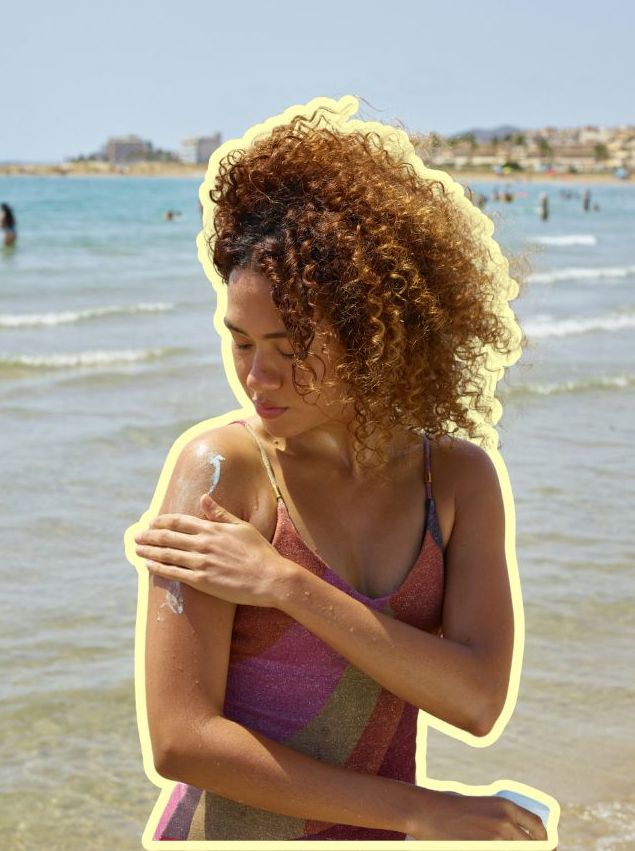
Myth 5: Sunscreen Is Only Necessary For Prolonged Outdoor Activities
The Reality
UV exposure accumulates over time, meaning even short periods outdoors can contribute to skin damage. Daily activities such as walking the dog, gardening, or even sitting near a window can expose your skin to harmful UV rays.
The Science
The World Health Organization (WHO) emphasises that cumulative UV exposure is a significant risk factor for skin cancer. Incorporating sunscreen into your daily routine, much like brushing your teeth, can help mitigate this risk. Opt for a broad-spectrum sunscreen and reapply every two hours, or more frequently if swimming or sweating.
Myth 6: Scented Sunscreen Is Less Effective
The Reality
There is a common belief that scented sunscreen is less effective than its unscented counterparts. This myth likely stems from the idea that added fragrances might interfere with the sunscreen’s active ingredients. However, the effectiveness of a sunscreen is determined by its SPF rating and the presence of broad-spectrum protection, not by whether it is scented or unscented.
The Science
Sunscreens, whether scented or unscented, must meet rigorous testing standards to be sold on the market. The SPF rating, which indicates the level of protection against UVB rays, and the broad-spectrum label, which ensures protection against both UVA and UVB rays, are the key indicators of a sunscreen’s effectiveness.
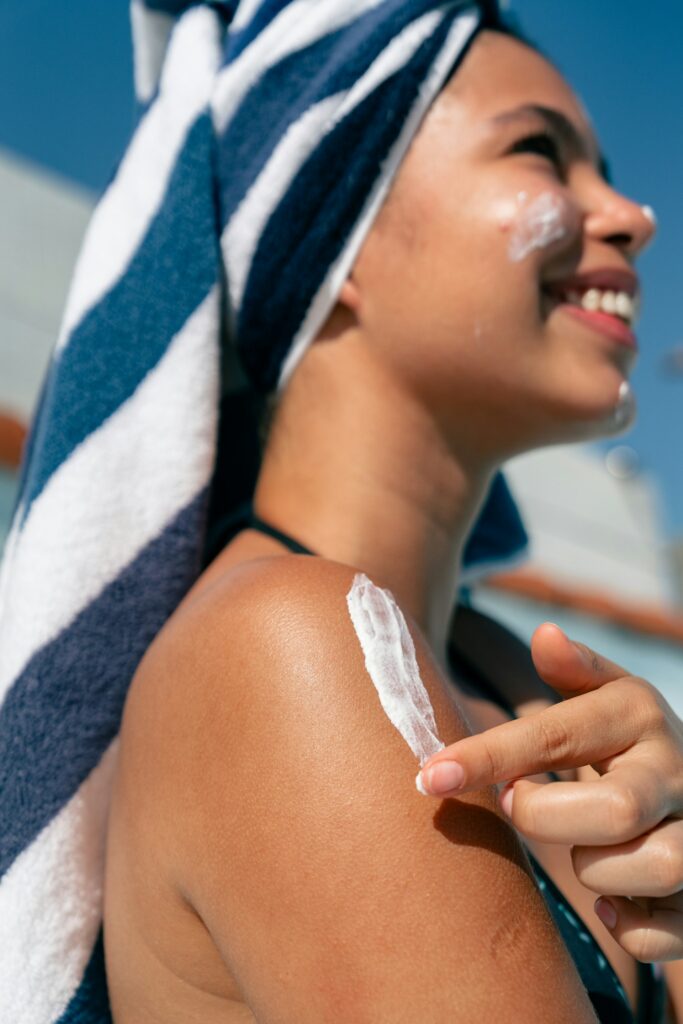
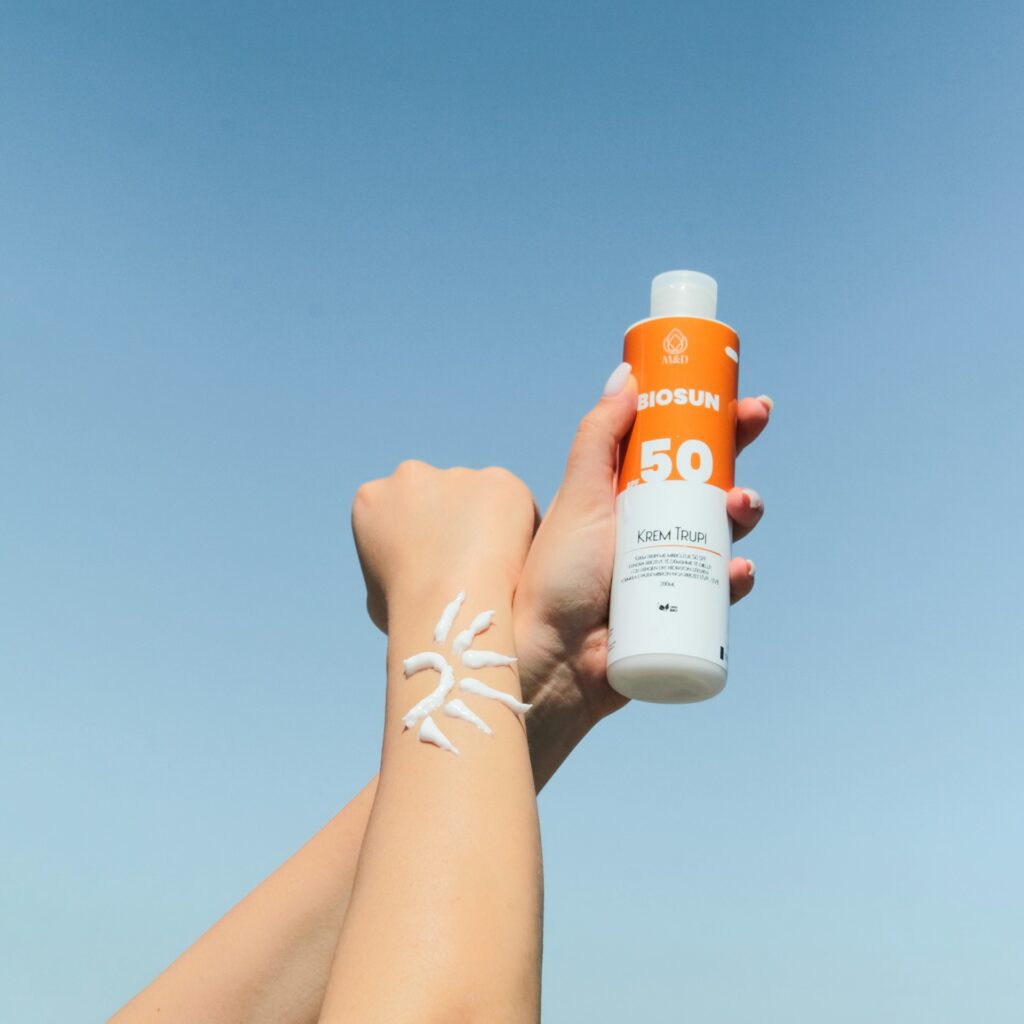
The Bottom Line
Understanding and debunking common sun skincare myths is crucial for effective sun protection. Remember, you can still get sunburnt through a window, and UV radiation can affect your skin even on cloudy days or during short outdoor activities.
By adopting a comprehensive sun protection strategy, including the regular use of sunscreen, wearing protective clothing, and seeking shade, you can significantly reduce your risk of skin damage and skin cancer, whether you’re driving to the shops or taking a long, leisurely coastal walk. Stay informed, stay protected, and enjoy the sun safely!

